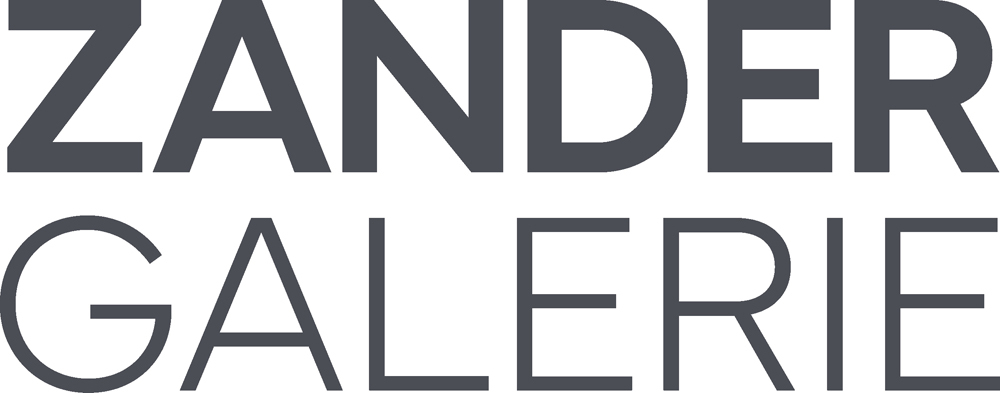Andrea Geyer
None
Info
Andrea Geyer (b. 1971, Freiburg, Germany) studied photography at the Fachhochschule Bielefeld and fine art at the Braunschweig University of Art, both in Germany. She is a 2000 graduate of the Whitney Museum Independent Study Program. Geyer lives and works in New York.
Geyer’s critically-oriented work ranges across media, incorporating text, photography, painting, sculpture, video, and performance. It explores the complex politics of lived time, its absence and presence in the context of specific social and political situations, cultural institutions, and historical events. From her early investigations into notions of citizenship, and the role of photography in the colonization of North America, to more recent research into the structures that render women’s central contributions to modernism invisible, Geyer’s work continuously seeks to create spaces of critical, collective reflection on the politics of histories that allow for the formation of new memories of that which is marginalized or obscured. Uniting all of Geyer’s ambitious work is the belief that “art should be a site to offer the possibility of re-orientation(s) towards a current moment.”
In her work, the artist renders the desire for social justice visible and gives it a museum presence. For example, one of her key works, Spiral Lands – selected for inclusion in the 12th edition of documenta in Kassel in 2007 – focuses on one of the longest struggles for social justice in North America: the dispossession of lands from Native Americans and their struggle for their rights and the return of their land. The conceptual image/text work writes a photographic and textual historiography. The central question it addresses is the relation of identity and land in North America. At the example of the Southwest the artist investigates the role of photography in the appropriation of the North American continent. With her camera, Andrea Geyer travels the American Southwest and with historical sensibility she documents not only the land, but also the internalized vantage point of western historiography in impressive landscape photographs. Geyer employs the form of doubling to draw attention to the fact that a point of view and narrative are never singular, but always need to be read in relation to their author and context. The text, however, punctuates the classic pastoral idyll: Geyer’s own poetic observations, which resemble diary entries, reflect the impressions and perspective of a fictional character who travels and documents the land between 1850 and 2007. The artist interweaves these comments with researched passages, quotations from treaties, academic texts or philosophical treatises. As a basis for her research, Geyer mainly draws on works by Native American scholars and writers, addressing topics like identity, contemporary history and colonization as well as exploitation, violence and expulsion.
Through their distinct combination of fiction and documentary strategies, Geyer’s works simultaneously reflect on existing geopolitical, social and cultural systems and propose alternative possibilities. Uniting all of Geyer’s radical, inspirationally ambitious work is the belief that ‘art should be a site to offer the possibility of re-orientation(s) towards a current moment.’
Andrea Geyer has been awarded with a Guggenheim Fellowship 2023. Her work has been exhibited widely at institutions including San Francisco Museum of Modern Art in California; The Museum of Modern Art, the Whitney Museum of American Art, Artists Space and White Columns, in New York City; Contemporary Art Museum Houston, Houston, Texas; Portland Institute of Contemporary Art, A Space Gallery, Toronto, Canada; KINDL – Centre for Contemporary Art, Berlin, Germany; Irish Museum of Modern Art, Dublin, Ireland; the Stedelijk Museum, Amsterdam; Red Cat and LACE, in Los Angeles; Tate Modern and Serpentine Gallery, London; Kunstmuseum St.Gallen, Switzerland; Göteborgs Konsthall, Gothenburg, Sweden; Generali Foundation and Secession, Vienna; Museum der Moderne, Salzburg; Govett-Brewster Art Gallery, New Zealand; the Turin Biennale; the São Paulo Biennial; and documenta 12, Kassel, Germany. International public collections with Geyer’s work include the Museum of Modern Art in New York, the Whitney Museum of American Art, San Francisco Museum of Modern Art in California, Neue Galerie, MHK, Kassel, the Museum der Moderne, Salzburg and the Federal Collection of Germany.
